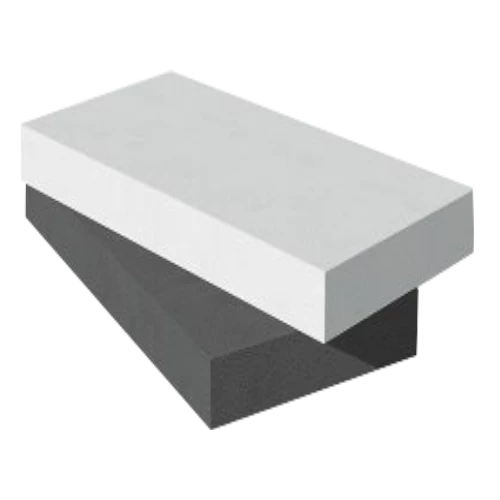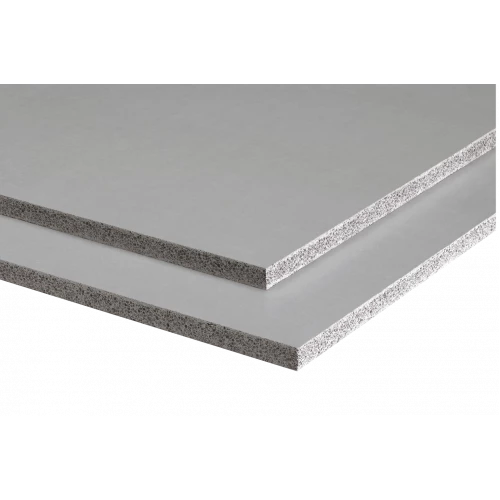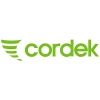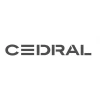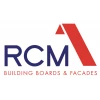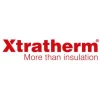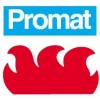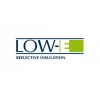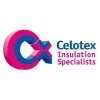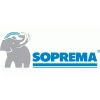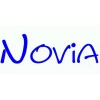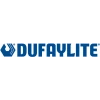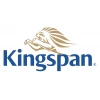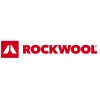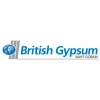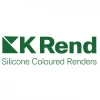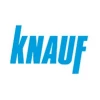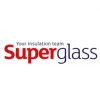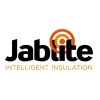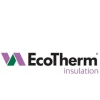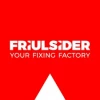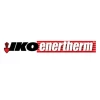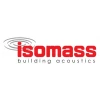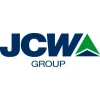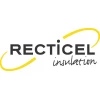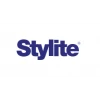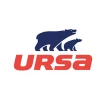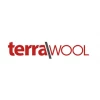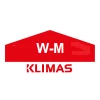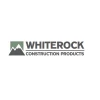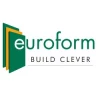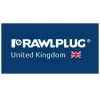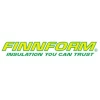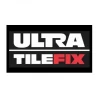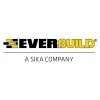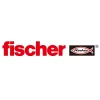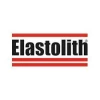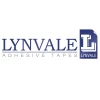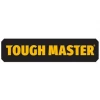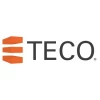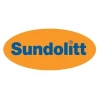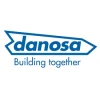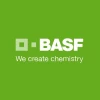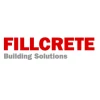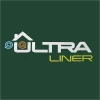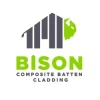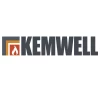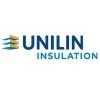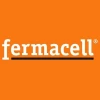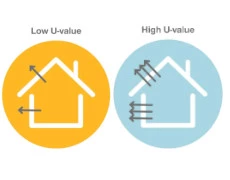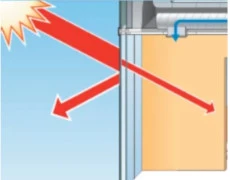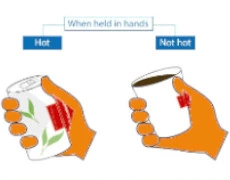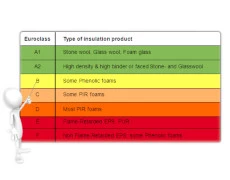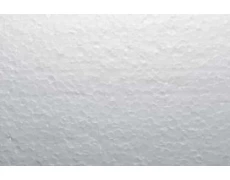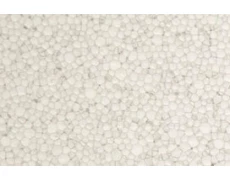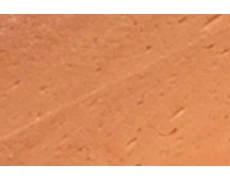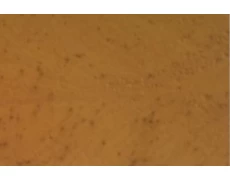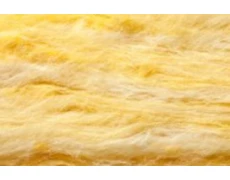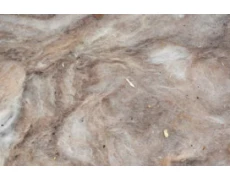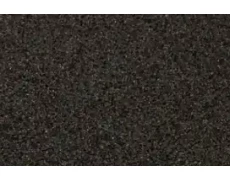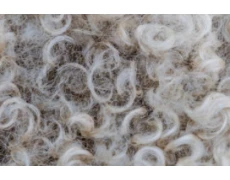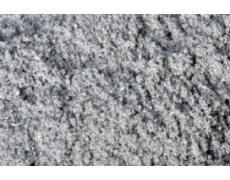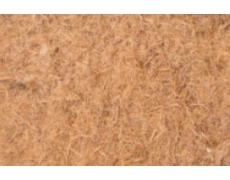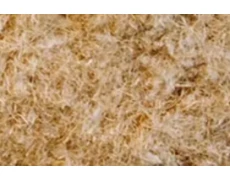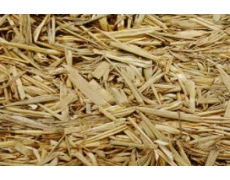
THE ULTIMATE GUIDE TO SOFFIT INSULATION SLAB*
Soffit insulation, goes by many names such as car park slab, hi impact soffit, non combustible linerboard or fire rated soffit slab and is often overlooked but essential to a well-designed structure, plays a vital role in both the aesthetic appeal and functionality of a commercial building. From its architectural significance to its practical benefits, we'll take you on a journey to uncover the secrets of soffit insulation.
WHAT IS SOFFIT?
The term "soffit" refers to the horizontal underside of a construction element, either located on the exterior or interior of a structure. It typically represents the lower surface of car park slab, underside of a flight of stairs, undercroft of chimney or underside of office ceiling.
WHAT IS THE FIRE RATING FOR SOFFITS?
By incorporating soffit solutions into your structure, you can benefit from up to 4 hours (240 min) of fire protection for concrete soffits. This crucial feature plays a significant role in preventing structural fire damage and ensuring the safety of occupants by providing a secure pathway for their exit from the building.
WHAT IS SOFFIT INSULATION SLAB?
 Soffit insulation slab is a type of insulation material specifically designed for the underside of the soffit area in buildings.
Soffit insulation slab is a type of insulation material specifically designed for the underside of the soffit area in buildings.
It is typically made of insulating material, such as stone wool and is installed to provide thermal insulation, acoustic insulation, and fire protection in this particular area.
The soffit insulation slab helps to improve energy efficiency, reduce heat loss, control sound transmission, and enhance fire safety in the building.
The soffit insulation is manufactured by leading insulation brands such as ROCKWOOL or KNAUF who offer fire rated Class 0 rock mineral wool slabs, designed to provide a robust faced solution to your project.
WHY CONCRETE SOFFITS ARE COVERED WITH INSULATION SLABS?
The primary purpose of the soffit insulation slab used on concrete is to create a barrier that addresses fire, thermal, and acoustic concerns between dwellings. This barrier is crafted using rock wool mineral wool and is further enhanced with a sturdy foil facing (either white or black tissue or aluminium foil) to establish an efficient smoke barrier or esthetic value.
In addition, soffit insulation slabs typically possess an A1 class fire rating, indicating their non-combustible nature. This feature makes them highly effective in providing robust protection against the risk of fire.
WHAT IS THE TYPICAL THICKNESS OF A SOFFIT INSULATION SLAB?
Soffit slabs are commonly available in dimensions of 1200x600mm for convenient handling. Two companies in the UK, Rockwool and Knauf, offer such dimensions. Both come in a range of thicknesses, typically in increments of 10mm, ranging from 25mm to 160mm.
Most popular insulation slabs thicknesses are 25mm, 30mm, 130mm and 160mm. The soffit insulation slabs are also available in a range of facing - white or black tissue or foil faced. Regardless of the thickness, each slab is installed with facing on one or both sides.
Here are the typical soffit insulation slabs thicknesses:
✔WHITE TISSUE 45kg/m3
ROCKWOOL RWA45
25mm | 30mm | 40mm | 50mm | 60mm | 75mm | 100mm | 130mm | 160mm
KNAUF RS45
25mm | 30mm | 40mm | 50mm | 60mm | 75mm | 100mm | 150mm
✔BLACK TISSUE 45kg/m3
ROCKWOOL RWA45
25mm | 30mm | 40mm | 50mm | 60mm | 75mm | 100mm | 130mm | 160mm
KNAUF RS45
25mm | 30mm | 40mm | 50mm | 60mm | 75mm | 100mm | 150mm
✔FOIL FACED
ROCKWOOL RWA45
25mm | 30mm | 40mm | 50mm | 60mm | 75mm | 100mm
KNAUF RS45
25mm | 30mm | 40mm | 50mm | 60mm | 75mm | 100mm | 150mm
✔WHITE TISSUE 60kg/m3
ROCKWOOL RW3
25mm | 30mm | 40mm | 50mm | 60mm | 75mm | 90mm | 100mm
KNAUF RS60
25mm | 40mm | 50mm | 60mm | 75mm | 100mm
✔BLACK TISSUE 60kg/m3
ROCKWOOL RW3
25mm | 30mm | 40mm | 50mm | 60mm | 75mm | 90mm | 100mm
KNAUF RS60
25mm | 40mm | 50mm | 60mm | 75mm | 100mm
✔FOIL FACED 60kg/m3
ROCKWOOL RW3
25mm | 30mm | 40mm | 50mm | 60mm | 75mm | 90mm | 100mm
KNAUF RS60
25mm | 40mm | 50mm | 60mm | 75mm | 100mm
✔WHITE TISSUE 100kg/m3
ROCKWOOL RW5
25mm | 30mm | 50mm | 75mm | 100mm
KNAUF RS100
25mm | 30mm | 40mm | 50mm | 75mm | 100mm
✔BLACK TISSUE 100kg/m3
ROCKWOOL RW5
25mm | 30mm | 50mm | 75mm | 100mm
KNAUF RS100
25mm | 30mm | 40mm | 50mm | 75mm | 100mm
✔FOIL FACED 100kg/m3
ROCKWOOL RW5
25mm | 30mm | 50mm | 75mm | 100mm
KNAUF RS100
25mm | 30mm | 40mm | 50mm | 75mm | 100mm
Other A1 Fire Rated Soffit Solutions:
- Promat TLFR Board
- Kemwell Soffit Liner
- Cellecta HEXATHERM XCPL
- CALOSTAT Pure
- Heraklith Tektalan A2
SOFFIT SLAB INSULATION R-VALUE

R-value is a measure of thermal resistance, indicating how effectively a material insulates against heat transfer. In the case of soffit insulation slabs, R-value is crucial because it determines the level of thermal insulation they provide. Soffit insulation slabs typically have an R-value ranging from 0.70m2K/W to 4.56m2K/W, indicating their ability to resist heat flow and enhance energy efficiency in buildings. Please note, a higher R-value indicates better thermal insulation performance. For instance, the 100mm Rockwool RW5 offers an impressive R-value of 2.90m2K/W, which signifies its exceptional thermal insulation capabilities.
SOFFIT SLAB INSULATION PRICE/COST
Both Rockwool and Knauf products are of excellent quality, however, they are not among the most affordable options. For example, a 25mm Rockwool RWA45 with black tissue on a single side costs around £19.50 per m2. While this may not be cheap, considering the safety and protection they provide, they are priceless and worth every penny. Many people opt for a thickness of 30mm due to cost-related considerations.

SOFFIT SLAB – SALE
Looking for soffit slabs of non-standard thickness? Look no further! We frequently offer sales on custom thicknesses that are priced the same as their lower counterparts. That's right - you can get the exact thickness you need without any additional cost. Don't hesitate to reach out to us and ask any questions you may have. Contact us today and discover the perfect soffit slab solution for your soffit project!
160MM ROCKWOOL SOFFIT SLAB PRICE
Hi Impact Insulation Slab, faced with white tissue on 2 sides, can provide fire protection for the underside of concrete soffits and double-skinned metal roofing systems for durations ranging from 30 up to 240 minutes. That's why it is the most expensive option available. With a thickness of 160mm, it offers the highest possible R-value of approximately 4.56m2K/W and is the most commonly chosen option for protecting car park soffits. Its price ranges around £90 per square metre.The price is not among the cheapest, but it will certainly protect many lives in the event of a fire.
CONCLUSION
In conclusion, soffit insulation plays a crucial role in enhancing the efficiency and fire safety of buildings. By effectively insulating the underside of construction elements, it helps to prevent heat loss, control sound transmission, and provide a barrier against fire. The selection of high-quality insulation materials with appropriate thickness and R-values is essential for achieving optimal results. Additionally, considering the long-term benefits and the invaluable protection it offers, investing in soffit insulation is a wise decision. By implementing the insights and recommendations provided in this guide, you can ensure a well-insulated, energy-efficient, and safe environment for your building.
Related articles:
FOIL INSULATION: TO GAP OR NOT TO GAP? THAT IS THE QUESTION!
ROCKWOOL® HEAVY DENSITY INSULATION
THE UGLY TRUTH ABOUT ROCKWOOL AS A SOUNDPROOFING MATERIAL?
HOW TO CUT FIBREGLASS INSULATION
ROCKWOOL INSULATION: IS IT SAFE FOR YOU AND YOUR HOME?
7 EASY TIPS FOR INSTALLING FOIL FACED INSULATION THE RIGHT WAY
MINERAL WOOL INSULATION. THE UGLY TRUTH?
Picture credit:
youtube.com, Isover
*All the information provided in the content published on Insulationgo blog is for informational and educational purposes only. Insulationgo LTD makes every effort to ensure the accuracy and timeliness of the content, but we do not assume any responsibility for any errors or omissions.
The information presented on this blog should not be considered as professional advice or a substitute for consulting relevant experts. Before making any purchase decisions or taking action based on the information presented here, it is strongly recommended to contact the product manufacturer directly to verify the details and ensure its suitability for your specific needs.
By using this blog, you acknowledge and agree that Insulationgo LTD shall not be held liable for any damages, losses, or inconveniences arising from the use or reliance on the information provided herein. This limitation of liability applies to all users of the blog, including but not limited to visitors, readers, and subscribers.











